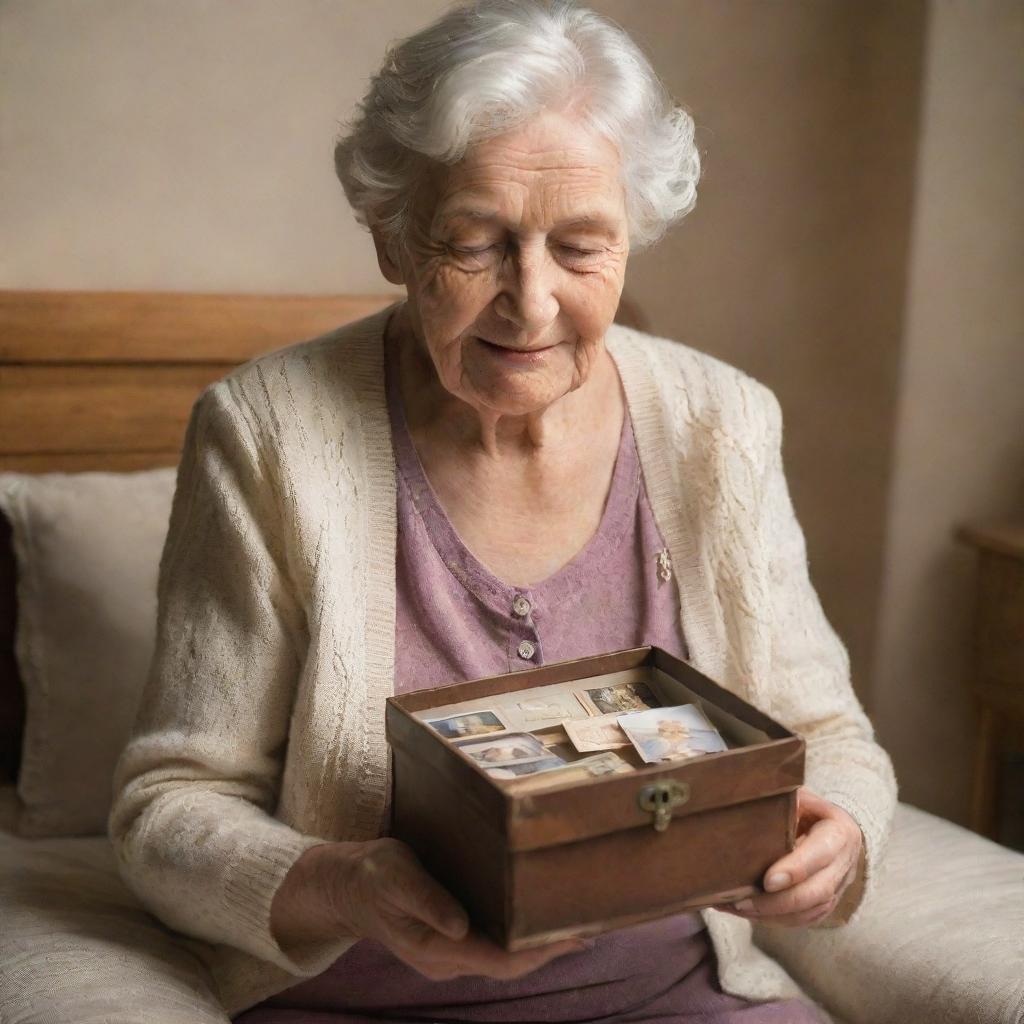The Ultimate Dementia Quiz: Test Your Knowledge
Gensen Huang
Created 6/11/2024

Are you ready to put your knowledge of dementia to the test? Challenge yourself with our quiz and see how many correct answers you can get out of 15!
1. What is the role of clinical neuropsychologists in the diagnosis of dementia?
Prescribing medication for dementia
Providing diagnostic consultation after cognitive testing
Performing blood tests for nutrient deficiencies
Conducting PET scans
2. Which cognitive tests are relevant in diagnosing dementia?
Memory, executive function, processing speed, attention and language skills
Blood glucose levels, blood pressure, cholesterol levels
Auditory, tactile, and olfactory tests
Vision acuity, motor skills, hearing tests
3. What is the purpose of routine blood tests in dementia diagnosis?
To diagnose Alzheimer's specifically
To rule out treatable causes such as vitamin deficiencies or infections
To measure cognitive abilities directly
To assess physical fitness level
4. What is the Informant Questionnaire on Cognitive Decline in the Elderly (IQCODE) used for?
Measuring blood pressure in elderly patients
Assessing everyday cognitive functioning via informants
Directly diagnosing dementia
Testing motor skills
5. Which imaging techniques are used for differentiating types of dementia?
X-ray and MRI
CT scan and ultrasound
SPECT and PET scans
EKG and EEG
6. What do Mini-Mental State Examination (MMSE) scores between 24 to 30 indicate?
Severe dementia
Moderate dementia
Normal cognitive functioning
Mild cognitive impairment
7. Which condition is more common in people with dementia compared to those without?
Diabetes
Incontinence
Asthma
Hearing loss
8. Which symptoms are typical in the early stages of dementia?
Severe memory loss and confusion
Difficulty in managing finances and some word-finding problems
Inability to recognize close family members
Complete dependence on caregivers
9. What MMSE scores indicate moderate dementia?
10. Which subtypes of dementia first present with personality changes and organizational difficulties?
Alzheimer's disease
Vascular dementia
Dementia with Lewy bodies and frontotemporal dementia
Parkinson-related dementia
11. What type of information does the Alzheimer's Disease Caregiver Questionnaire provide?
Information on the patient's emotional state
90% accurate diagnosis of Alzheimer's disease when used by a caregiver
Patient's physical activity levels
Detailed genetic information
12. What is the General Practitioner Assessment Of Cognition designed for?
Assessing cognitive function in a specialized hospital setting
Combining patient assessment and informant interview for primary care setting
Measuring brain activity using imaging techniques
Performing lab tests for blood disorders
13. Which stage of dementia commonly involves losing almost all new information and significant impairment in solving problems?
Early stage
Moderate stage
Late stage
Mild cognitive impairment
14. What is a significant risk factor for developing various forms of dementia?
Poor diet
Genetics
High physical activity
Low education levels
15. What was dementia in the elderly once called?
Mild cognitive impairment
Senile dementia or senility
Neurodegeneration
Age-related cognitive decline

